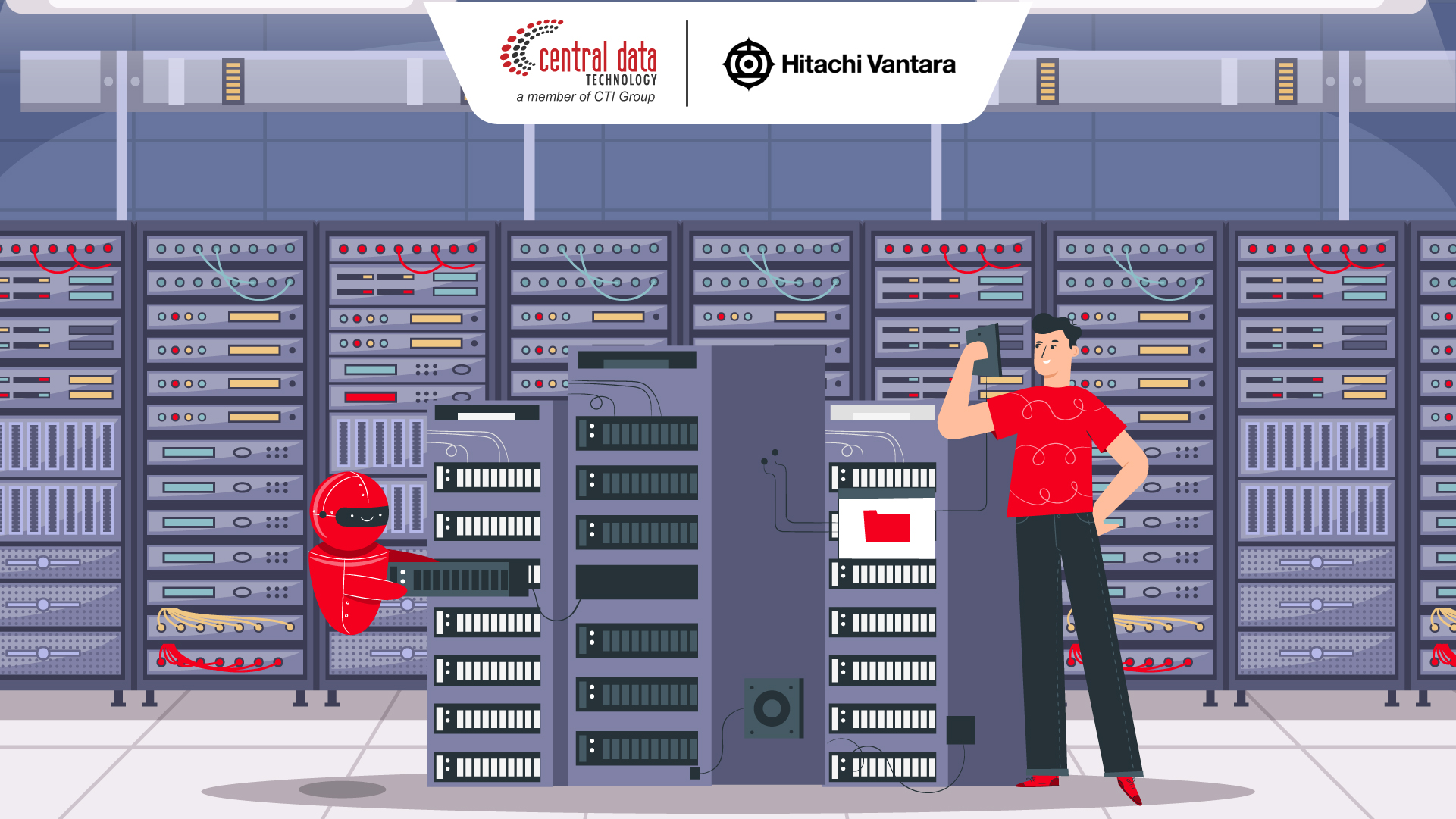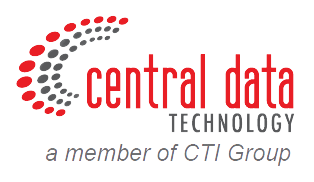
Data center infrastructure has become the backbone of business operations in the digital era. These facilities store, process, and manage data efficiently to ensure the availability and security of the information within.
During rapid digital transformation, the demand for data centers has significantly increased. According to a report by Structure Research, the potential market for data centers in Indonesia is expected to reach US$625 million by 2025. So, what exactly is a data center and how can it be managed according to business needs? Here is a detailed explanation.
What is a Data Center?

In simple terms, a data center is a physical facility used to store a company’s sensitive data and applications. It provides access to applications and data using computer network infrastructure, storage systems, and computing resources.
A data center consists of components like routers, switches, firewalls, storage, servers, and application-delivery controllers. It has become a vital asset for businesses that rely on applications, services, and information to store, process, and distribute data across hundreds or thousands of servers.
Why is Data Center Infrastructure Important for Business?
Reliable data center infrastructure is crucial for supporting smooth business operations. Without solid infrastructure, companies will struggle to manage vital data and applications. An effective data center serves to:
- Reduce Downtime: An efficient data center minimizes the potential for system failures or disruptions that could interfere with operations.
- Boost Productivity: With reliable systems, companies can run applications and services more quickly and stably.
- Integrate New Technologies: Data center infrastructure supports the adoption of cutting-edge technologies like cloud computing and big data, giving businesses a sustainable competitive edge
How to Choose the Right Data Center Infrastructure?
To ensure optimal performance and reliability, you can choose data center infrastructure that meets global standards, such as:
- Tier Standard: Defines the reliability and availability levels of services, ranging from Tier I (simplest) to Tier IV (highly resistant to disruptions).
- ISO 27001: This standard focuses on information security management systems, ensuring that the data center protects data securely and complies with applicable regulations.
- Uptime Institute’s Reliability Standards: Measures how reliable and durable a data center is in maintaining operations without disruptions.
How to Manage Data Center Infrastructure Effectively?

Effectively managing data center infrastructure requires a planned approach to ensure smooth operations and system security. One of the best ways to achieve this is by implementing Data Center Infrastructure Management (DCIM).
DCIM is a system that allows comprehensive monitoring of all components of the data center infrastructure, from energy usage, space, hardware, to environmental conditions.
By implementing DCIM, companies can:
- Monitor Infrastructure Performance: DCIM enables operational teams to track device performance in real-time, providing accurate data regarding temperature, humidity, and hardware status.
- Early Detection of Issues: DCIM detects potential issues like device malfunctions or temperature spikes that could threaten operations, allowing for proactive measures to be taken early.
- Security and Access Control: In addition to managing infrastructure performance, DCIM also features integrated security, such as strict access controls and real-time activity monitoring to protect data and assets from internal and external threats.
Read More: Data Management: Why It Matters for Your Business Success
Recommended Data Center Infrastructure Management (DCIM) Solution: Hitachi Vantara UCP
As a leading solution in data center management, Hitachi Vantara offers integrated infrastructure solutions, covering storage, processing, and efficient networking systems. One of their flagship products is the Unified Compute Platform (UCP), which is designed specifically to manage all data center components more easily and effectively.
The Unified Compute Platform (UCP) combines storage, computing, and network systems into one integrated solution. With this technology, companies can manage their data center infrastructure more efficiently, enhance operational performance, and maintain high levels of data security.
5 Advantages of Hitachi Vantara’s Unified Compute Platform (UCP)
Scalability and Flexibility
UCP is easily adaptable to the growing needs of businesses, whether small or large.
Integrated Security
With advanced security layers, UCP protects data and systems from external threats through encryption and strict access controls.
Centralized Management
It allows monitoring of the entire data center infrastructure from a single platform, simplifying maintenance and oversight.
Energy Efficiency
UCP minimizes energy consumption to reduce operational costs and support environmental sustainability.
Integration with Cloud and Virtualization
It supports the latest technologies like cloud and virtualization, improving operational flexibility and efficiency.
Hitachi Vantara UCP is the perfect choice to optimize your data center management, reduce costs, and ensure data remains secure and available at all times.
Find the Best Data Center Infrastructure Solutions at CDT
Central Data Technology (CDT) offers infrastructure solutions designed to help businesses manage their data centers efficiently, securely, and integratively. One of the standout solutions we offer is the Hitachi Vantara Unified Compute Platform (UCP). This platform combines storage, computing, and networking in a single system, making it easier to manage your company’s IT infrastructure.
As part of the CTI Group, CDT not only provides Hitachi Vantara UCP but also supports every stage of implementation, maintenance, and after-sales services. We collaborate with your IT team to ensure that the solutions implemented work optimally, aligning with your business needs and challenges. Click this link to contact us.
Author: Ary Adianto
Content Writer – CTI Group

